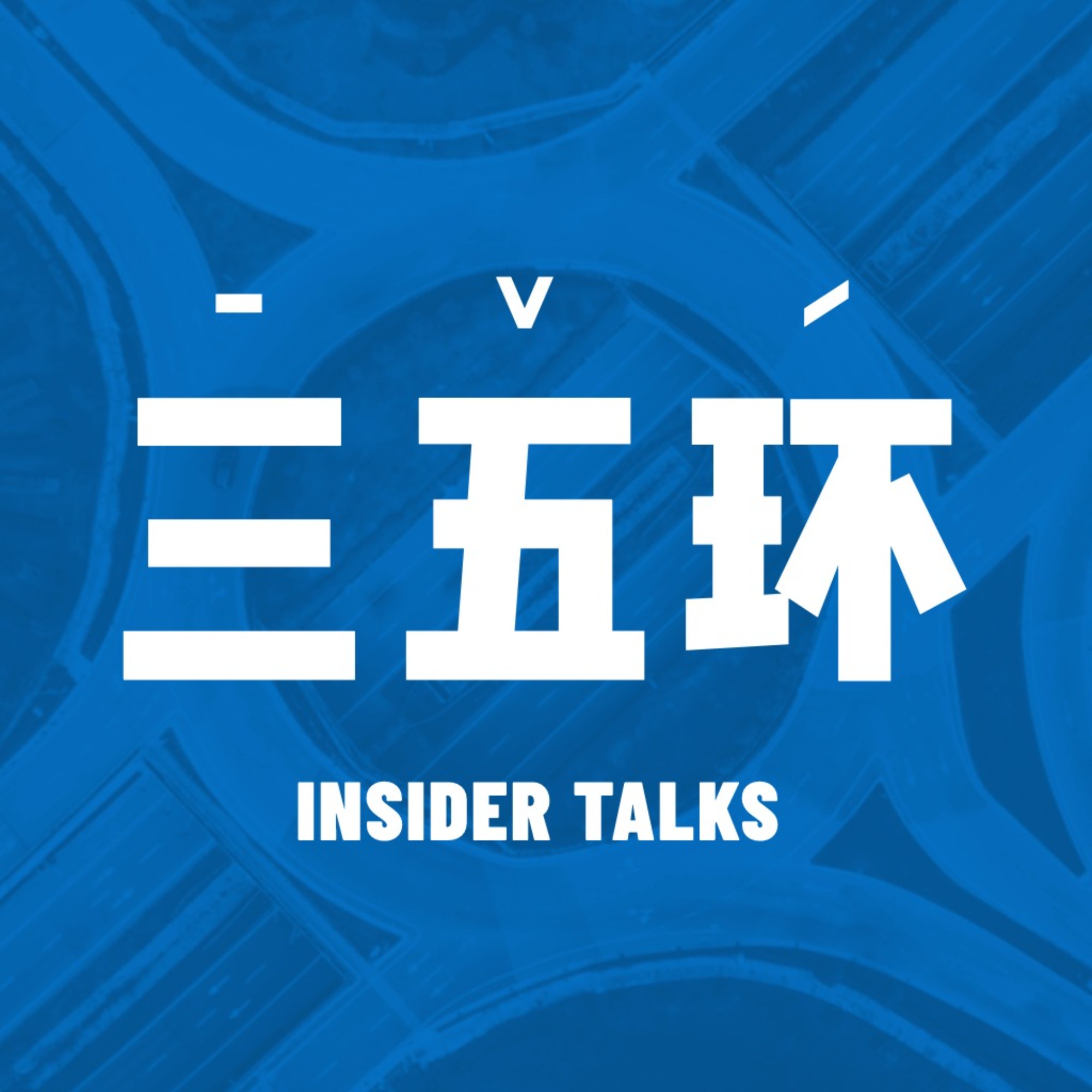We're sunsetting PodQuest on 2025-07-28. Thank you for your support!
Export Podcast Subscriptions
M
Michael
帮助医生和高收入专业人士管理财务的金融教育者和播客主持人。
N
Neil
刘
刘飞
一位活跃的主播,通过播客分享各种主题,包括商业故事和文化内容。
Neil: 本期节目探讨了播客行业的现状、发展趋势及商业化模式。Neil认为播客的普及得益于移动互联网和通勤时间内容消费刚需的出现,并指出高质量内容对音频质量有要求。他认为播客的商业化模式不明确,信息传递效率低是其主要瓶颈,但长期看好其商业属性,因为城市化进程中人们越来越孤独,对陪伴型内容的需求会增加。他提出播客的交互形式可以被丰富,例如添加弹幕功能,并可以探索新的转化方式,例如利用微信群引流等。他还认为播客可以作为品牌维护粉丝粘性的必选渠道,并看好头部播客的长期发展。
Michael: Michael认为播客满足了陪伴和信息输入的双重需求,不同类型的播客信息输入程度不同,受众也从陪伴到学习不等。他认为中文播客优质内容相对匮乏,头部播客重叠度高,这可能与需求不足有关。他还指出音频信息传递效率低,难以像图片广告一样快速抓住用户注意力,并认为播客载体限制了信息传递效率和用户受众,限制了其未来的发展。他认为视频内容信息传递效率更高,分发和传播也更容易。
刘飞: 刘飞作为主持人,主要从用户角度出发,分享了自己的播客收听体验和感受。他认为播客的主要收听场景是陪伴,提供高质量的白噪音,并指出播客需要用户投入整块时间收听,这与碎片化时间收听音乐不同。他还谈到了自己对不同类型播客的偏好,以及对播客平台现状和未来发展的看法。他认为目前缺乏一个专业的播客平台,为创作者和听众提供区别于综合平台的服务,现有的综合平台并不适合播客,用户体验较差。他认为播客的展现形式可以探索更多可能性,例如缩短时长、分段信息传递等,并指出付费音频内容的商业化能力已经初步得到验证,移动支付的普及和付费内容消费习惯的培养,为播客付费模式提供了可能性。
Neil: This episode discusses the current situation, development trends, and commercialization models of the podcast industry. Neil believes that the popularity of podcasts benefits from the emergence of mobile internet and the rigid demand for content consumption during commuting time, and points out that high-quality content has requirements for audio quality. He believes that the commercialization model of podcasts is unclear, and the low efficiency of information transmission is its main bottleneck, but he is optimistic about its commercial attributes in the long term, because in the process of urbanization, people are becoming more and more lonely, and the demand for companionship content will increase. He suggests that the interactive form of podcasts can be enriched, such as adding bullet screen functions, and new conversion methods can be explored, such as using WeChat groups to attract traffic. He also believes that podcasts can be an indispensable channel for brands to maintain fan stickiness, and he is optimistic about the long-term development of top podcasts.
Michael: Michael believes that podcasts meet the dual needs of companionship and information input, and different types of podcasts have different degrees of information input, and the audience ranges from companionship to learning. He believes that high-quality content in Chinese podcasts is relatively scarce, and the overlap of top podcasts is high, which may be related to insufficient demand. He also pointed out that the efficiency of audio information transmission is low, and it is difficult to quickly grab users' attention like picture advertisements, and he believes that the podcast carrier limits the efficiency of information transmission and the user audience, limiting its future development. He believes that video content has higher information transmission efficiency, and distribution and dissemination are also easier.
Liu Fei: As the host, Liu Fei mainly shares his podcast listening experience and feelings from the user's perspective. He believes that the main listening scenario for podcasts is companionship, providing high-quality white noise, and points out that podcasts require users to invest a whole chunk of time to listen, which is different from listening to music in fragmented time. He also talked about his preferences for different types of podcasts, and his views on the current situation and future development of podcast platforms. He believes that there is currently a lack of a professional podcast platform to provide services different from comprehensive platforms for creators and listeners, and existing comprehensive platforms are not suitable for podcasts, and the user experience is poor. He believes that the presentation form of podcasts can explore more possibilities, such as shortening the length and segmenting information transmission, and points out that the commercialization ability of paid audio content has been initially verified, and the popularization of mobile payment and the cultivation of paid content consumption habits have provided possibilities for the paid model of podcasts.
Deep Dive
本段落主要回顾了播客发展的早期阶段,从苹果生态系统中的内置应用到Android平台的原生支持,以及移动互联网普及对播客发展的影响。
- 播客早期作为苹果生态系统中的应用内置于Mac和iOS平台
- 中文播客发展相对较晚
- 移动互联网的普及和通勤时间的增加催生了播客的流行
Shownotes Transcript
嘉宾|Neil、Michael 主播 | 刘飞 这是一期失而复得的录音,录制时间在 2020 年 1 月 18 日。 当时跟两位产品经理老朋友 Neil 和 Michael 一起探讨了对播客和播客行业的观察和思考。三年前的一些猜想,在今天,一部分得到验证,而一部分和想象的不太一样。收听这期,是一次有趣的时光旅程。 我们提到了播客有价值的地方、收听的场景,提到了困难和瓶颈。我提到了一档刚刚有 2000 订阅的播客叫谐星聊天会,Neil 则提到了另一档新播客叫故事 FM。我们都认为目前缺少一个播客专用平台,为创作者和听众提供区别于综合平台的服务,Neil 还判断这个平台应该核心解决两个问题:内容推荐和创作者商业化。 这次录音的 2 个月后,小宇宙 APP 上线了。 内容索引 00:38) 产品经理视角下的播客 06:22) 播客节目的场景需求 08:56) 内容对于播客的重要性 11:24)播客生态现状 18:39)播客平台的发展趋势 制作人:严格 片头:Where Are You Going (Live) - 海龟先生 片尾:迷雾 - 银河快递 相关 欢迎在评论区留言交流。如果喜欢《三五环》,也恳请能在苹果 Podcast 、网易云音乐、Spotify 或喜马拉雅留下你的宝贵好评。感谢! 商务合作&嘉宾自荐,请加微信: wocaishiliufei 封面图片由 Midjourney 生成,版权所有©️三五环
